About Support Services Brokerages
In the state of Oregon, support services brokerages are committed to assisting adults with developmental disabilities to access, plan, and monitor the supports they need to live self-determined lives and to connect with their community. Brokerages employ personal agents (PAs) who provide case management services to adults living and working in the community.
What is a support services brokerage?
Support services brokerages are case management entities contracted by the State of Oregon to help adults with intellectual and developmental disabilities to choose, plan, and monitor the supports they need to live on their own or in their family homes within the community.
Brokerages provide in-home and community-based case management services, conduct Oregon Needs Assessments (ONA), create individualized support plans (ISP) and strategies, and access and coordinate private and public resources within the community to support an individual’s ability to live within their community and work toward their goals.
Brokerages can connect people with a variety of paid and natural supports. Two types of paid support providers include:
Certified provider organizations provide services and monitor the quality of supports.
Personal support workers (PSW) provide direct support in activities of daily living (ADL). To enroll a PSW, an individual will need to choose someone to fulfill the responsibility of being the employer of the provider(s) enrolled and paid to provide direct support.
All support services brokerages are governed by either a board of directors or advisory committee comprised of individuals with a developmental disability, and/or their family members, as well as community members.
The State of Oregon and Community Pathways are committed to serving people with developmental disabilities where they are currently at in their lives.
What are brokerage support services?
Brokerage support services are case management services arranged and monitored by a personal agent (PA) through a brokerage agency. The PA's role is to assist adults with developmental disabilities to access and manage supports that help them live, socialize, and work in the community.
The specific type of supports and services an individual receives depends on their Oregon Needs Assessment (ONA), an assessment tool that determines their level of need and Medicaid funding. Some individuals seek assistance to get a TriMet Honored Citizen's pass, while others need help with accessing services that support them in finding employment and housing.
See a list of support services.
Learn about the role of a personal agent.
How are brokerage support services and county case management services different from one another?
Support Services Brokerages (Brokerages)
Brokerages are private, and usually smaller, agencies.
Many brokerages, including Community Pathways, are nonprofit organizations.
Brokerages focus only on serving adults experiencing a developmental disability who live in their own home or in the home of their family or friends in the community.
Personal agent (PA) case loads tend to be smaller, usually a maximum of 45 customers are assigned to one PA’s caseload.
Individuals who are customers of brokerage services may ask to change their PA if and when they need a change.
County Developmental Disabilities Program (CDDP)
Local CDDP offices are responsible for determining eligibility for developmental disability services and oversee abuse investigations.
Service coordinators (SC) serve both children and adults in a wide range of services, including but not limited to: group homes, foster care, and in-home care.
How are brokerage support services and county case management services similar to one another?
Brokerages and CDDPs share the following guiding principles:
Brokerages and CDDPs are both known as case management entities (CME).
Both entities base their case management services on the principles of self-determination.
Personal agents (PA) and service coordinators (SC) both meet with the individuals on their caseloads at least once a year to complete an adult needs assessment (ANA) to determine their needs, and create an individualized support plan (ISP) to outline how providers can best support their needs and goals.
You may ask to change your CME (whether a brokerage or CDDP) at any time by asking your PA or SC for a change. Choice is important and Community Pathways values the freedom to seek change when needed.
If you are 18, or are about to turn 18, and currently receive child or adult services through a CDDP, you may choose to receive your services from a brokerage. You may also continue receiving case management services, as an adult, from CDDP. If you would like to transfer your services to a brokerage, you will need to speak to your service coordinator. You may also contact any of the CMEs, including Community Pathways, to ask questions or seek information.
To learn more about Community Pathways, call Executive Director Jennifer Santiago at 503-935-5243 extension 244.
Why were brokerages started?
Brokerages were contracted by the State of Oregon following the closure of state-run institutions. With the closure of these institutions, there grew a need for additional support among families with members who experienced a developmental disability and wanted to live more independent and integrated lives within the community.
In 2000, a group of families took the State of Oregon to court because they deemed the community-based supports and services available at the time of institution closures to be inadequate. The settlement that was reached is called the Staley Agreement. It expanded home- and community-based case management support for children and adults experiencing a developmental disability.
Support services brokerages help thousands of Oregonians access information and resources that help them to have more options and opportunities as adults living and working in the community. Brokerages help inform individuals, and their families, about their rights and options as adults, which allows individuals to make better decisions about how they live their lives and take responsibility for their choices.
